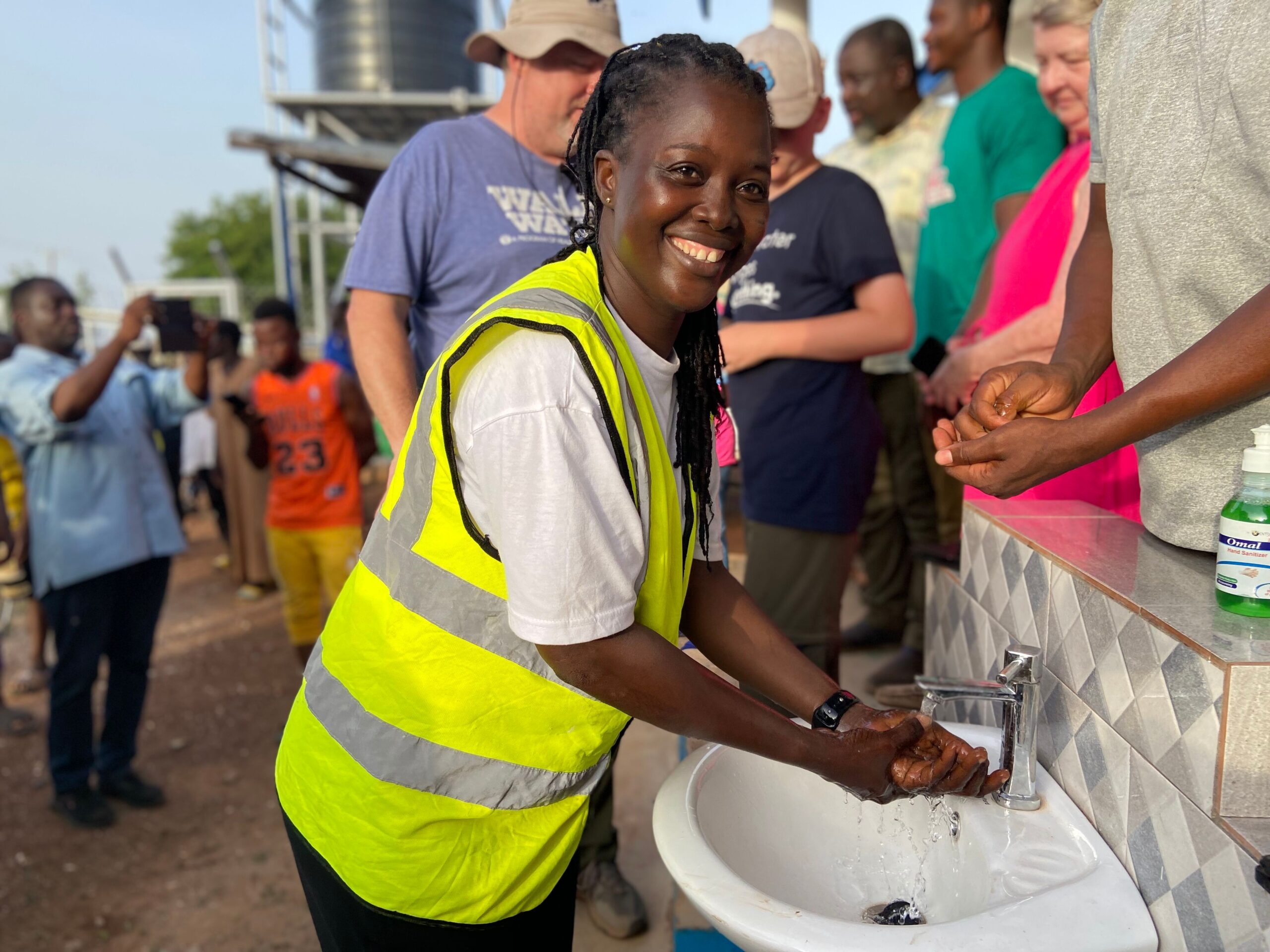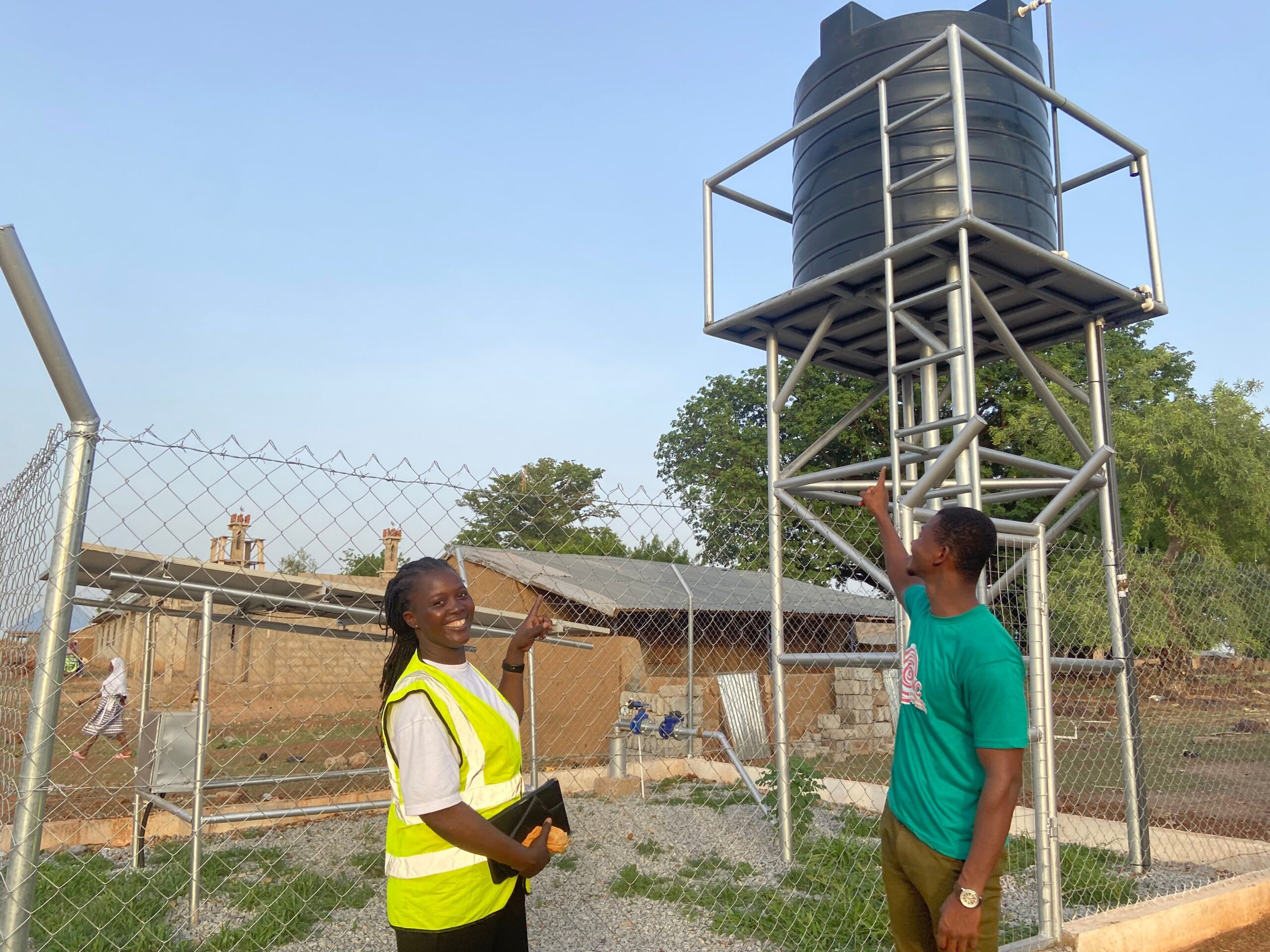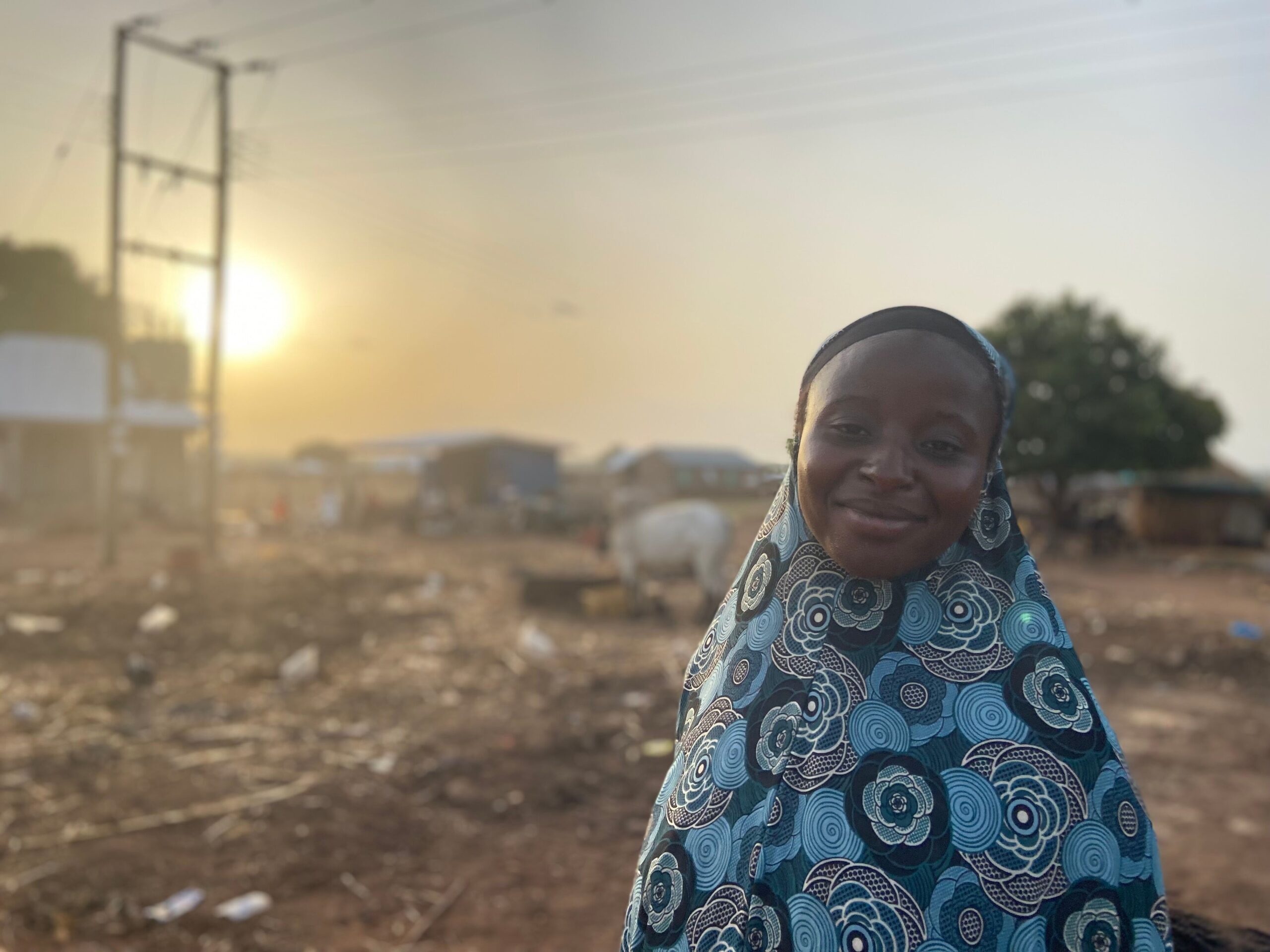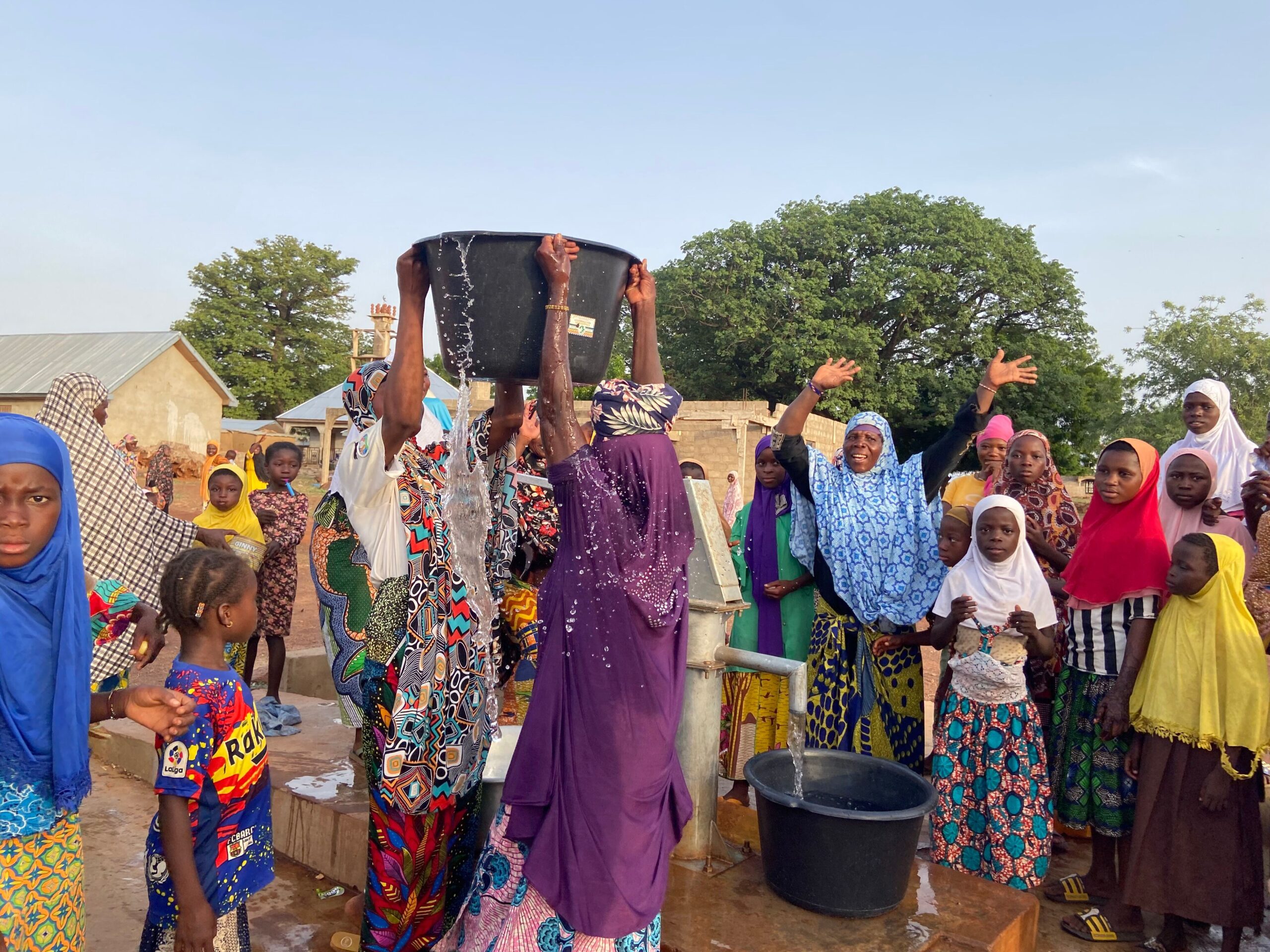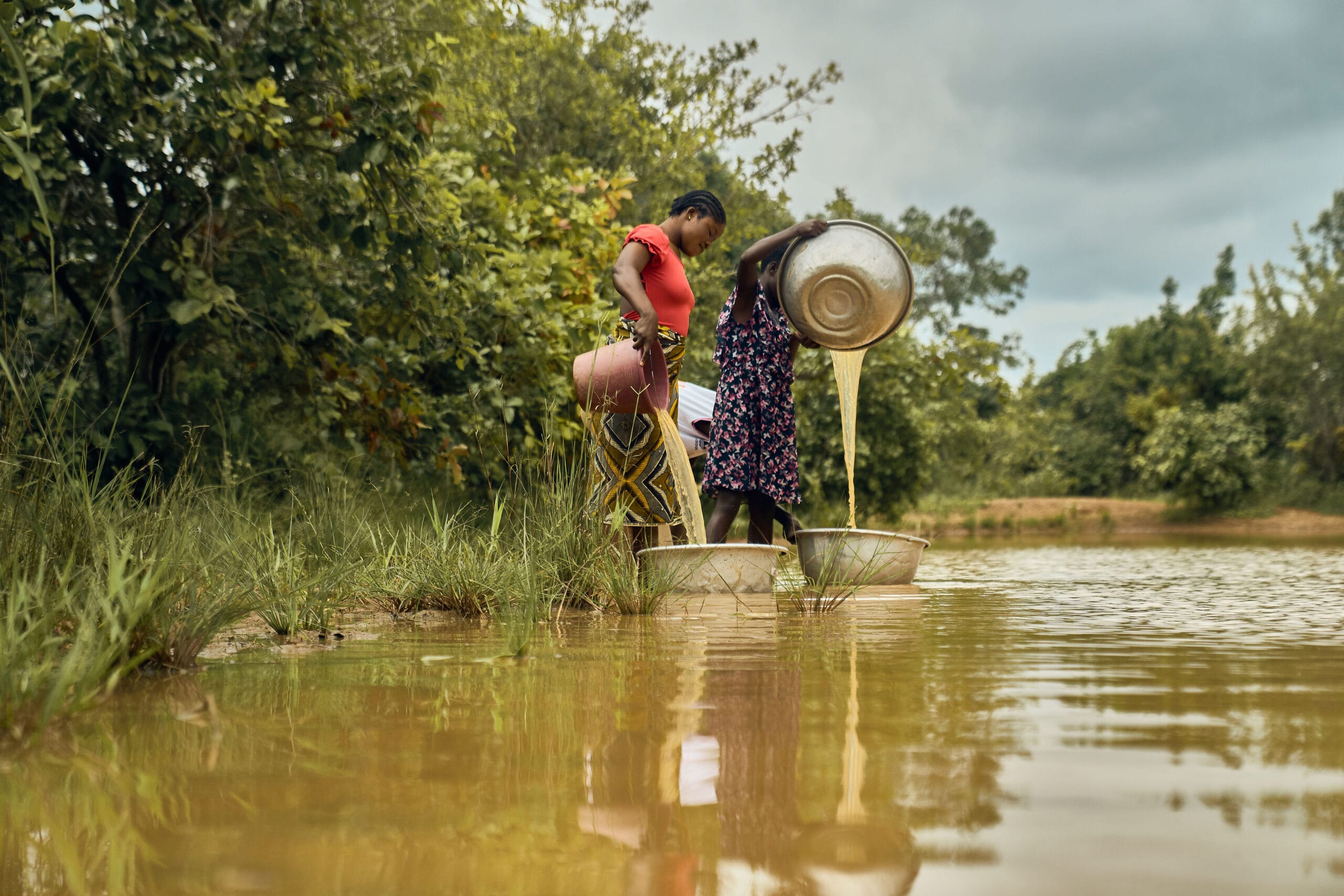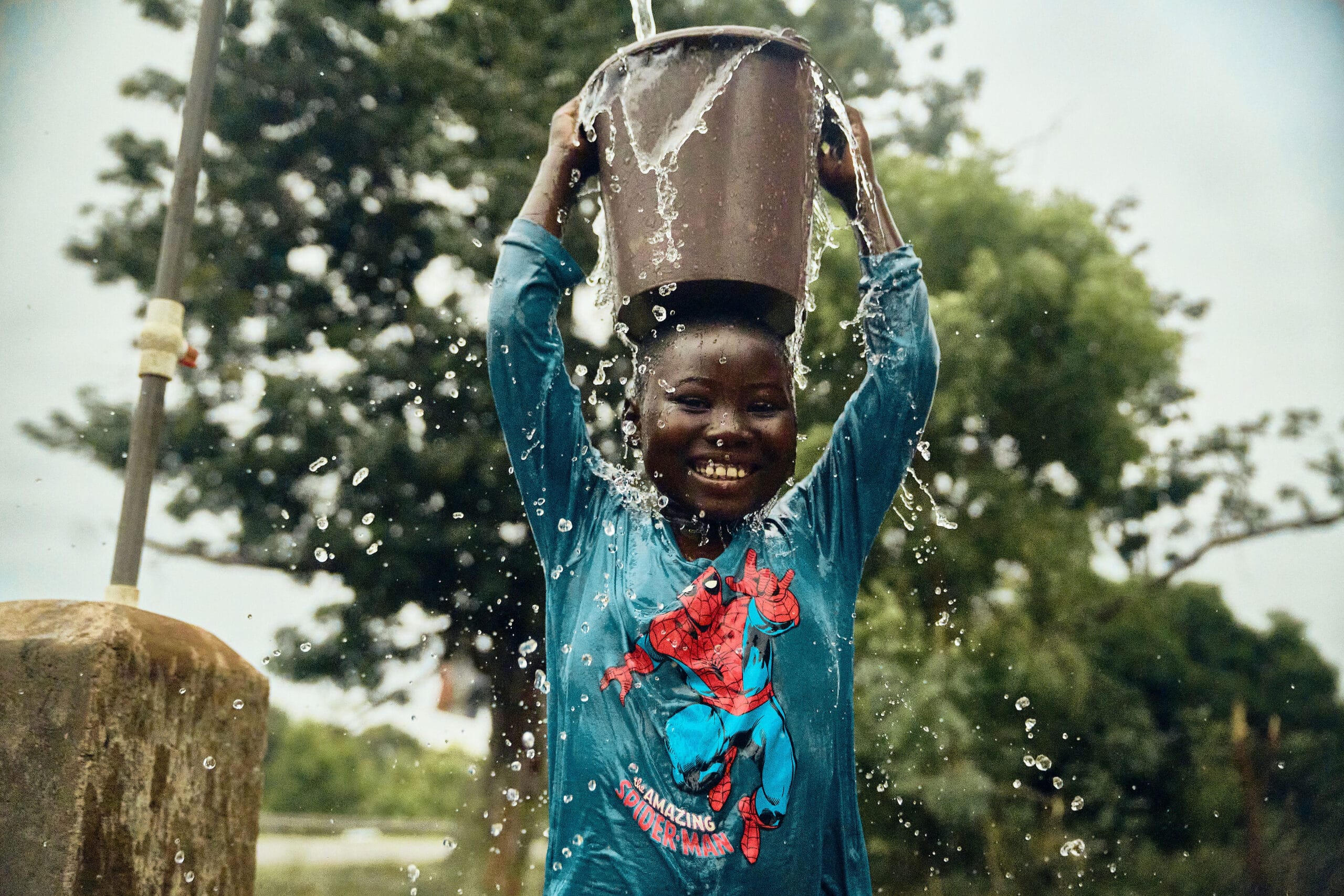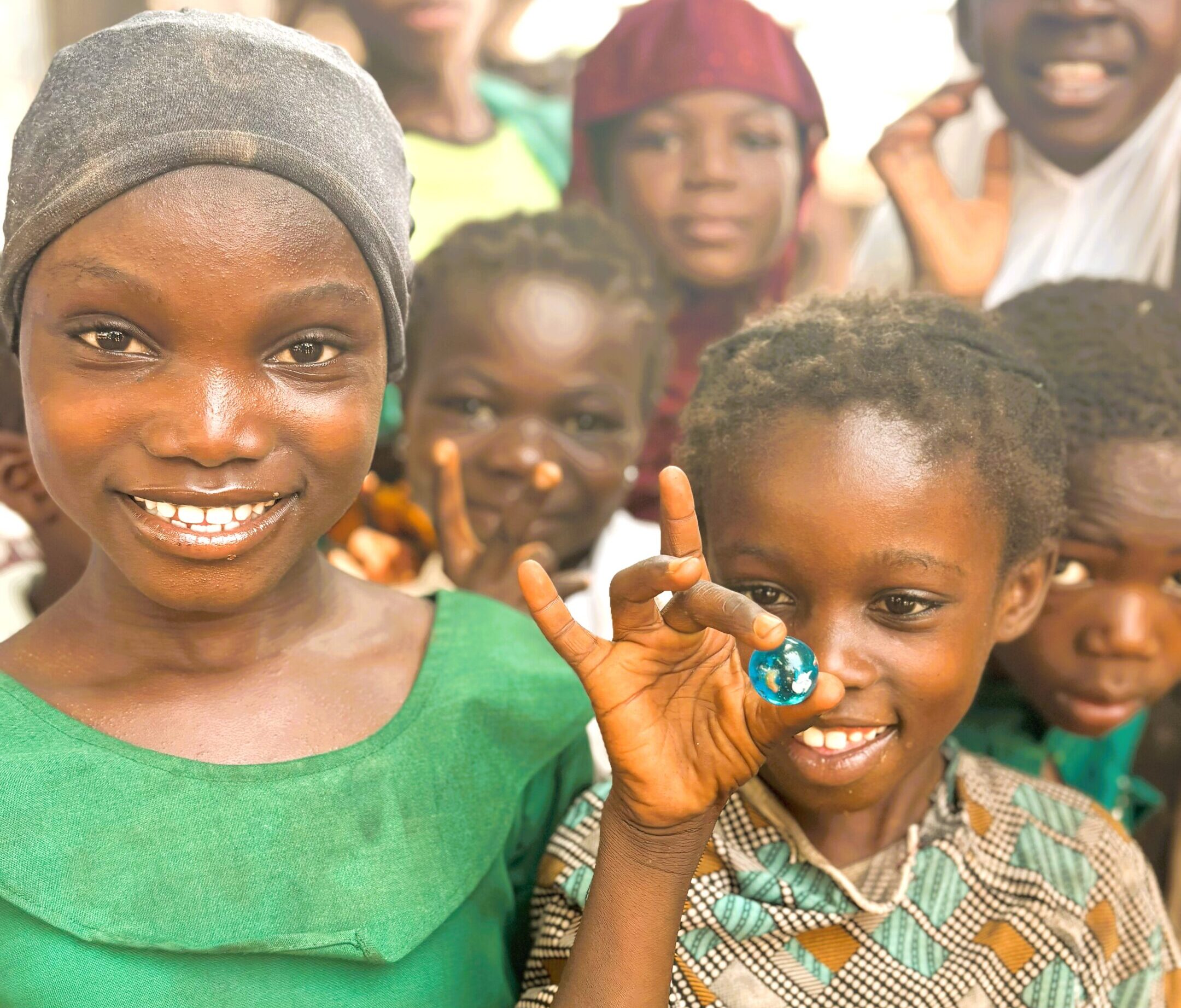Water, Peace, and Security: The Role of WASH in Northern Ghana
Access to clean water and sanitation is more than a basic necessity; it is a cornerstone of peace and security. In Northern Ghana, particularly in the Upper East and Upper West regions, ongoing conflicts and the influx of people fleeing Burkina Faso have intensified the need for sustainable water, sanitation, and hygiene (WASH) solutions. As communities grapple with resource scarcity and social tensions, WASH interventions foster stability, reduce conflict, and promote resilience.
Gyntiga Community
One of the communities is Gyntiga, where, in partnership with UNICEF and churches in Ghana and the US, we were blessed to improve safe water access for a rural medical clinic. Gyntiga lies only 1000 feet from the muddy White Volta River and the Burkina Faso border. Reliable, clean water in health facilities is vital for basic patient care and infection control, safe childbirth, and managing public health outbreaks, especially in remote, underserved regions. Inadequate water access in clinics can lead to preventable illness and even death while placing additional burdens on already strained healthcare workers. By securing a sustainable water source, the clinic in Gyntiga is now better equipped to deliver lifesaving care and provide dignity and safety to the most vulnerable.
The Link Between Water and Conflict
In many rural communities of Northern Ghana, water scarcity exacerbates existing ethnic tensions. Competition over water resources can fuel disputes between farming and pastoralist groups, leading to violent clashes. Additionally, as more migrants arrive from Burkina Faso seeking security, pressure on already limited water sources increases. Without adequate access to clean water, sanitation, and hygiene facilities, tensions can escalate, making conflict resolution even more challenging.
WASH as a Pathway to Peace
Investing in WASH infrastructure can play a transformative role in mitigating conflict and fostering social cohesion. When communities have reliable access to clean water, the likelihood of disputes over resources decreases. Water for West Africa’s projects focuses on providing sustainable water sources that serve multiple groups, ensuring equitable distribution and reducing competition. By constructing boreholes, repairing wells, and implementing hygiene education programs, we help build a foundation for peace.
Strengthening Community Resilience
Beyond reducing tensions, WASH improvements enhance overall security by strengthening community resilience. Access to clean water and sanitation reduces the spread of diseases, allowing communities to remain healthy and productive. In times of crisis, such as sudden surges of displaced populations, functional WASH systems prevent the outbreak of waterborne illnesses, which can further destabilize already fragile regions.
A Call to Action
The need for sustainable WASH solutions in Northern Ghana has never been greater. With increasing migration due to regional insecurity and climate challenges, ensuring equitable access to clean water and sanitation is essential for peace and stability. Water for West Africa remains committed to expanding WASH initiatives that improve health and contribute to long-term harmony in vulnerable communities.
By supporting these efforts, donors, policymakers, and local stakeholders can play a critical role in turning water from a source of conflict into a catalyst for peace. Together, we can build a future where access to clean water strengthens communities, prevents violence, and fosters lasting security in Northern Ghana.
